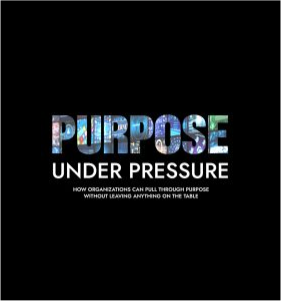Welcome to our Content Hub
Whether you’re a current client or a new visitor, we invite you to dive into our content and join the conversation.



Resources
The Stream.
Expert perspectives and insights from Allison SMEs on the latest news and trends making the biggest waves in the world of marketing and communications.
The Stream.
Expert perspectives and insights from Allison SMEs on the latest news and trends making the biggest waves in the world of marketing and communications.
Insights.
In order to fuel fresh thinking and stay ahead of the industry curve, we do our research. Whether it’s our own study or a point of view on the latest trend, our intellectual property highlights our deep areas of expertise and provides actionable insights to help you get ahead.
Insights.
In order to fuel fresh thinking and stay ahead of the industry curve, we do our research. Whether it’s our own study or a point of view on the latest trend, our intellectual property highlights our deep areas of expertise and provides actionable insights to help you get ahead.

Our Culture
We’re different by design.
Our founding vision was to create a positive and entrepreneurial environment where talented people thrive – and creativity-killing bureaucracy…doesn’t.







